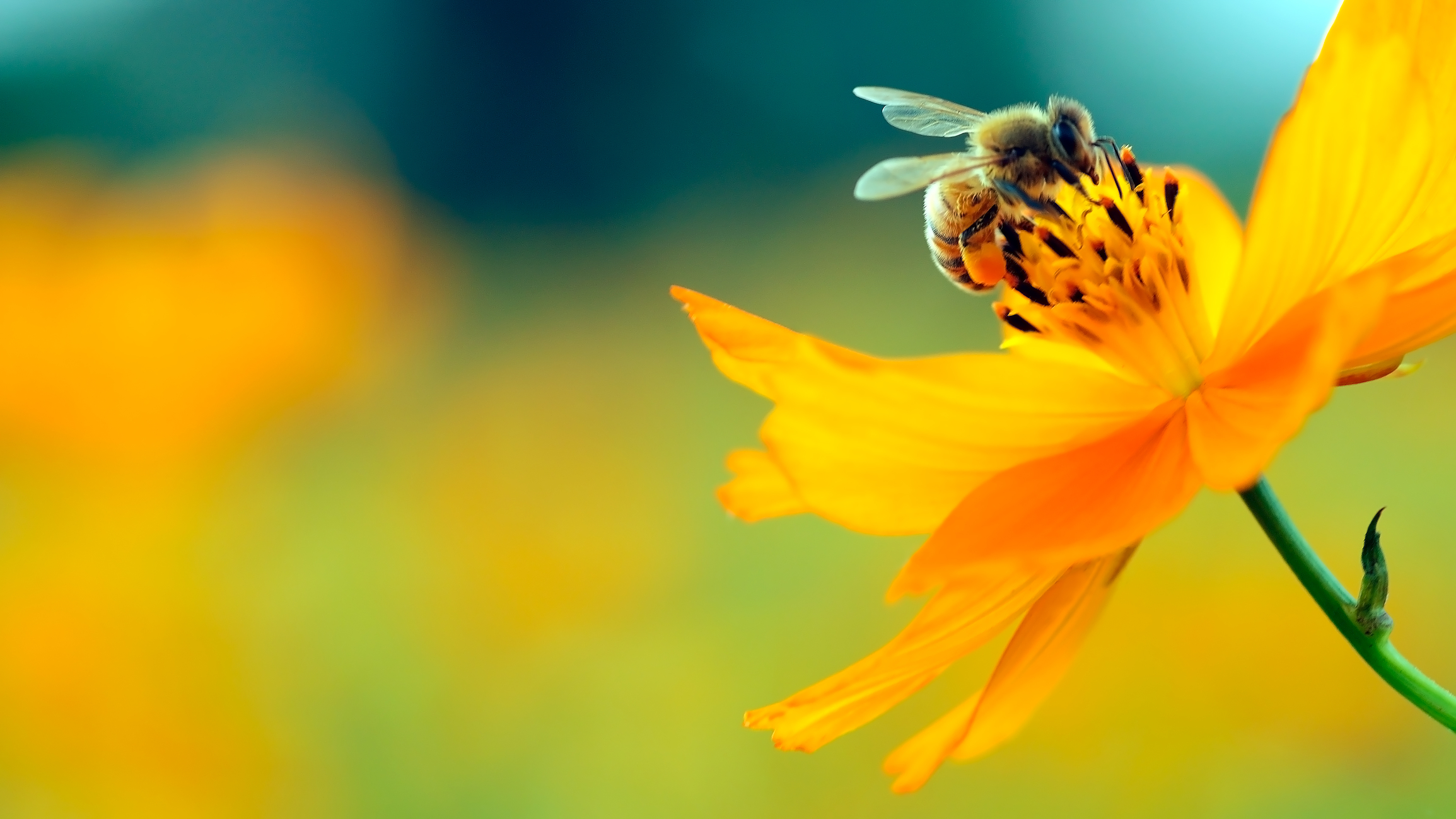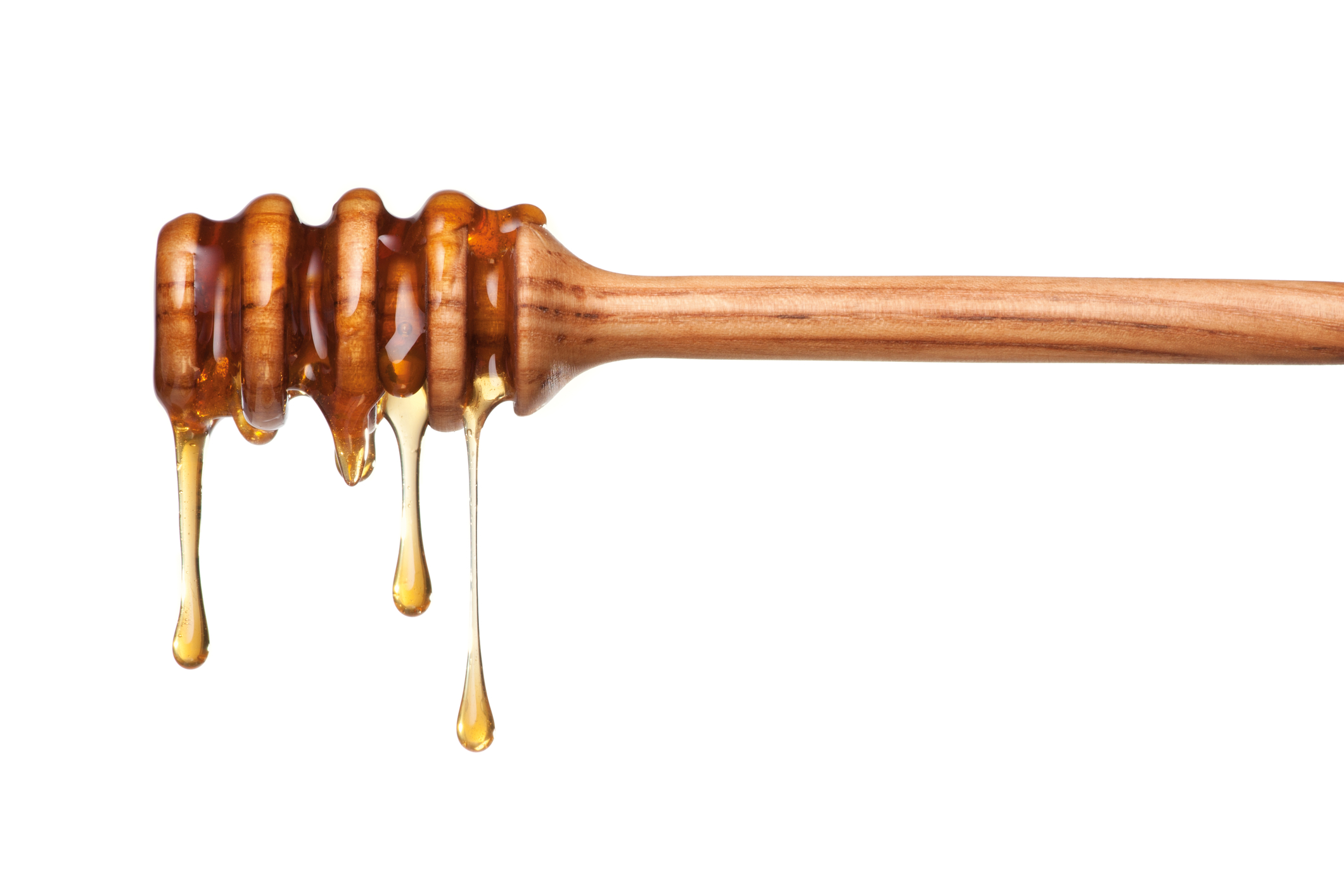6 Tips to Eliminate Allergies
For most people with seasonal allergies, spring means itchy, red eyes, ear and nasal congestion, sneezing and coughing. All of these are common symptoms of seasonal allergies caused by allergic reactions to weeds, molds, grasses and tree pollen. It is not easy ignoring warm, sunny days and fresh air after a long winter. To get outside and enjoy the weather, people choose to take the mainstream over-the-counter medications. However, they always come with dreaded side effects. We have put together a list of all natural approaches that aid in getting rid of runny noses, sleepless nights and nasal congestion. Check them out.
Eat Locally Produced Bee Pollen

Bee pollen is both a preventive and relieving treatment for seasonal allergies. Allergies cause cells to release histamine, resulting in allergic reactions like itchy eyes or sneezing. Bee pollen assists in reducing histamine, which is the same thing over-the-counter medications do. It aids in reducing sensitivity to pollens in the area and control allergy symptoms when spring arrives. By eating just a pinch of bee pollen, eyes stop watering, throat and ears stop itching and sinuses clear up. It can also be useful for a broad range of respiratory diseases, ranging from asthma to chronic sinus infections. If consuming raw bee pollen is not an option, try royal jelly. It is a substance secreted from the pharyngeal glands of a special group of nurse bees between their sixth and twelfth days of life.
Eat Organic Raw Honey

Organic raw honey from a local health store contains bacterial properties that are beneficial for the immune system. However, it is crucial to stay away from refined sugary honey. By adding organic honey to the royal jelly, it creates an immune system-boosting mix courtesy of bees. Also, try taking raw honey in hot tea every morning during allergy season. It aids in clearing nasal passages and alleviating congestion.
